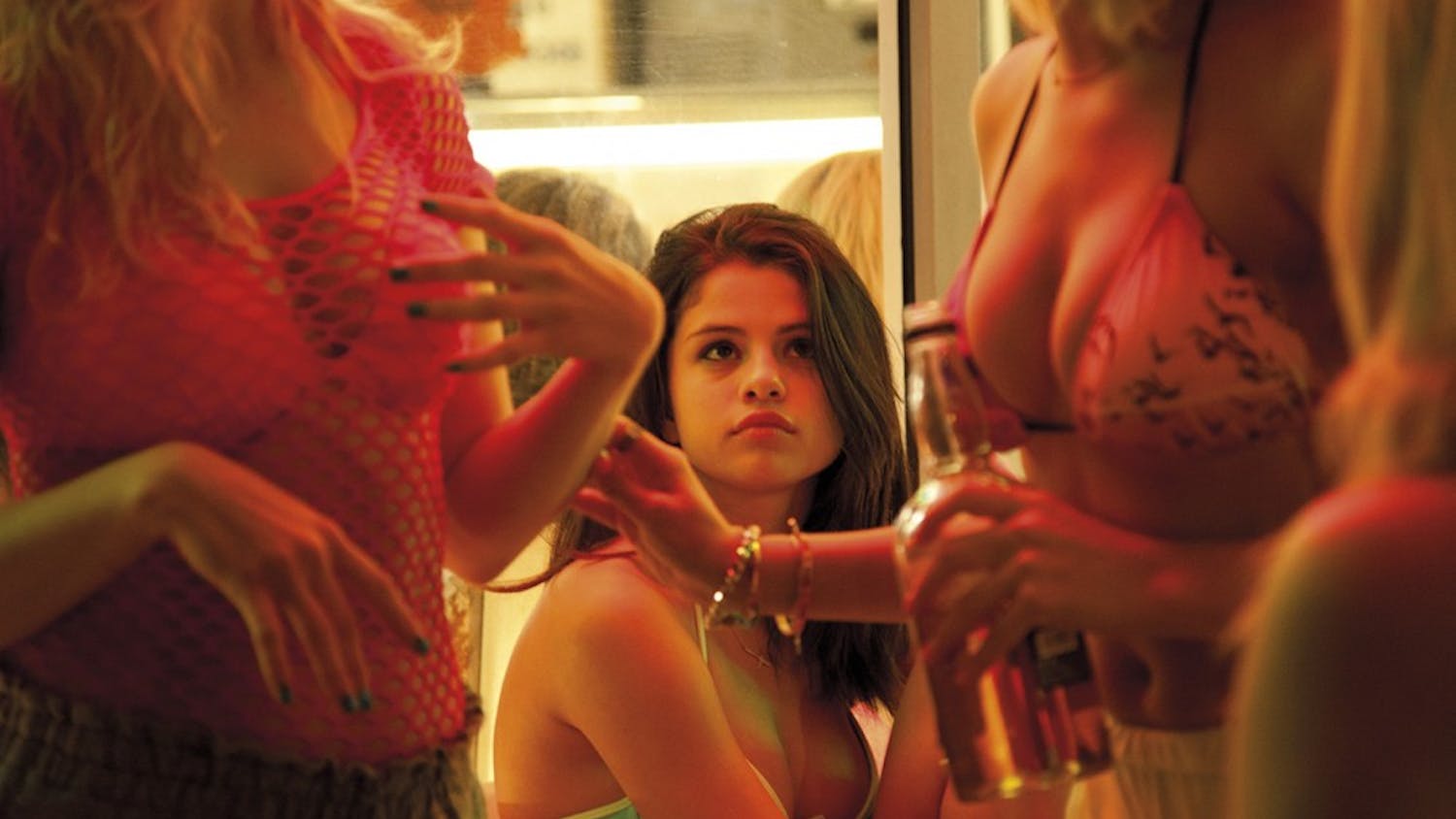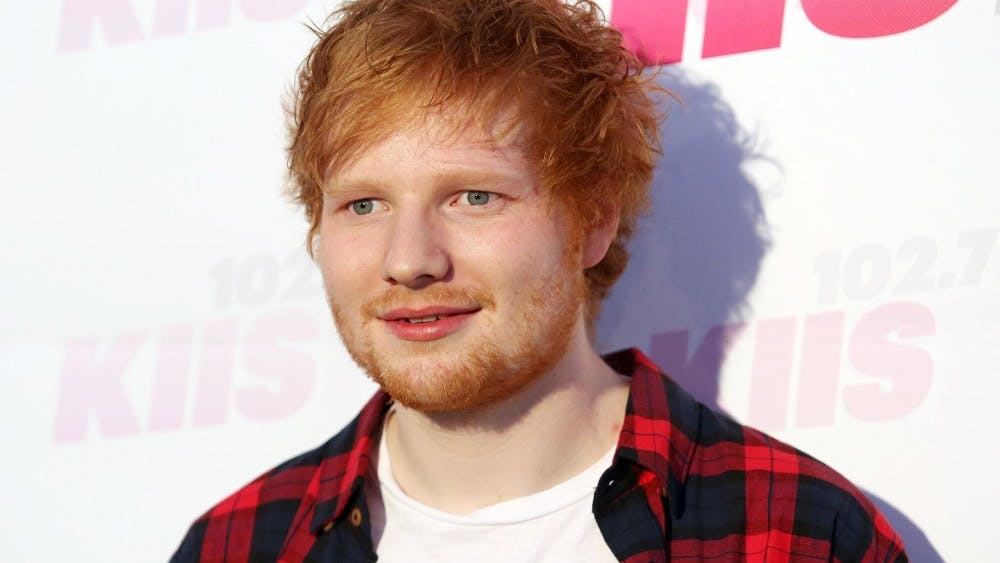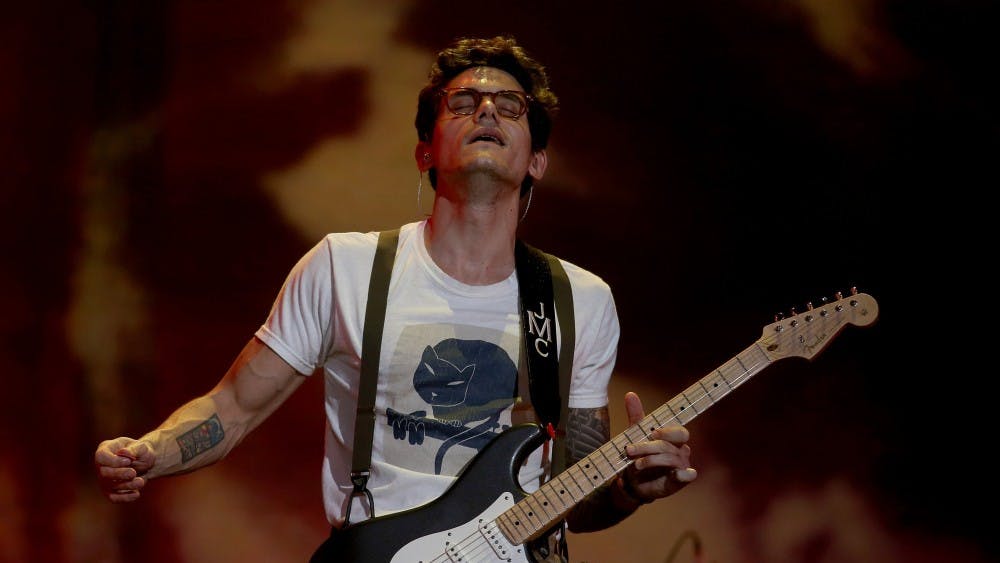If you loved early-noughties garage-dance-punk, then these are depressing times. The indie world has embraced proggier, twee-er, less-accessible sounds (Sufjan, Beirut, The Knife -- bleh). The mainstream is eagerly blending the style with emo so it can be marketed to 12-year-old mall crawlers (Hellooo, She Wants Revenge!). And the bands that made up the movement are either deceased (The Libertines, Death From Above 1979) or looking to "expand" beyond their original sound (Franz Ferdinand, The Futureheads, Hot Hot Heat, The Strokes, The White Stripes/Raconteurs, The Yeah Yeah Yeahs, etc.). This last category has met with varying levels of success.\nThis, then, brings us to Razorlight. Never a pioneering band, Razorlight continues to follow their peers -- this time, into the wilderness of post-garage arena rock. Now, don't get me wrong -- Razorlight's first album, "Up All Night," may have indicated that the band owed a round of beers to The Strokes and The Libertines, but it was lots of fun. They brought a flair for the dramatic that their stripped-down predecessors lacked -- call it pomp-garage rock. And they smartly pushed their biggest asset to the front -- charismatic, egomaniacal frontman, Johnny Borrell -- and, through his lyrics, told engaging stories about hipster London. Stories about indie rock posers ("Rock N Roll Lies"), about leaving the scene ("Don't Go Back To Dalston"), about nights of dizzying decadence ("In The City") and more.\nIn its best moments, Razorlight's self-titled second album follows this same route. "In The Morning," a sunny, disco-inflected boogie, paints the picture of the morning after the parties of "Up All Night" -- combining the blissful ignorance of alcoholic blackouts with a vague, but nagging, sense of guilt. On "America," the band broods along with a sad-sack Englishman who dreams of escaping to an idyllic America, while being simultaneously disturbed by the harsh realities portrayed in U.S. news stories.\nBut, on much of "Razorlight," Johnny Borrell puts his heart on his sleeve and tries to bare his soul to you lucky listeners -- and the result is predictable. The lyrical edge dulls, the images become vague and clichés start slipping loose. Which wouldn't be so bad if the instrumental side were more interesting -- but, remember, the band is now "expanding" its sound. For the most part, this means borrowing from the new-wave influenced pop ballads of the early 80's -- say the Talking Heads' "Once In A Lifetime," Simple Minds' "Don't You Forget About Me," "Unforgettable Fire" era U2 or anything from the closing credits of any given 80's cult classic. (And, inexplicably, on "Who Needs Love?" -- doo-wop.) Not a bad style to cop -- but, it's hardly as exciting as the late-70's punks and post-punks that Razorlight were emulating before. Sincerity has replaced swagger, texture replaced fire -- and the result is that Razorlight has leapt from garage-punk to adult alternative. It may only be two years since "Up All Night," but in the interim Razorlight done grown old.
Razor blunted
Get stories like this in your inbox
Subscribe





